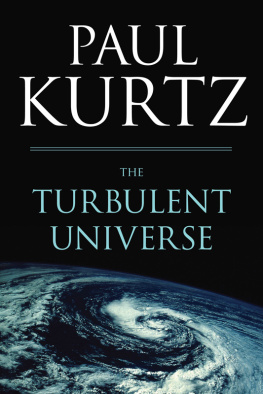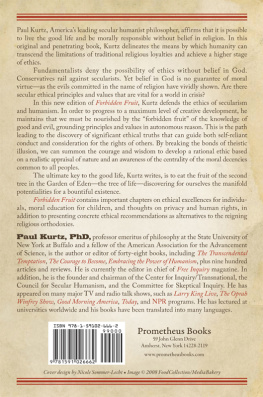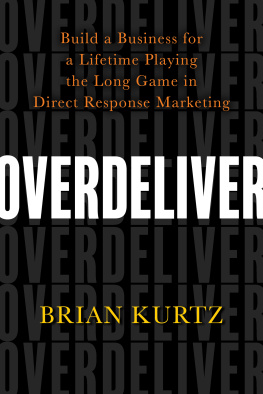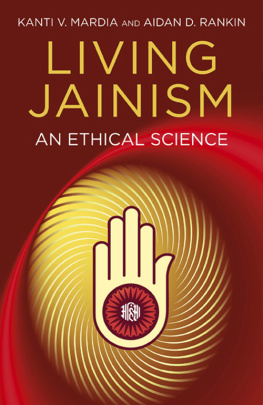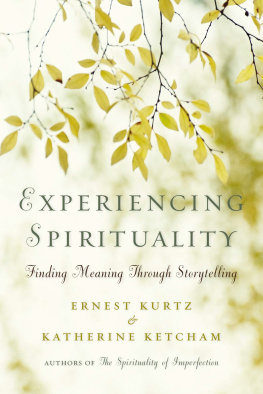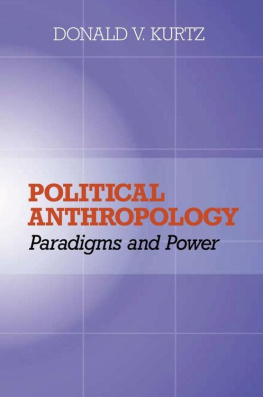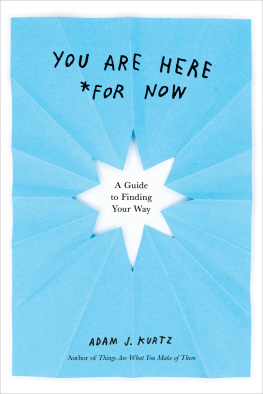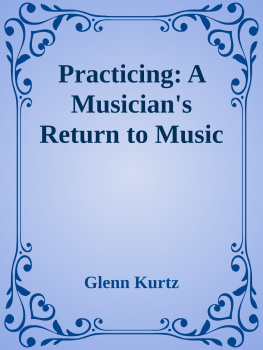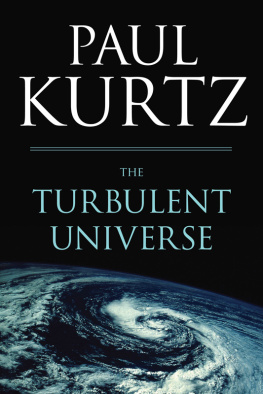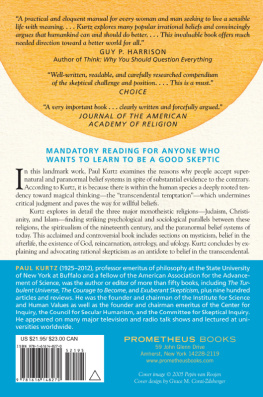Published 2013 by Prometheus Books
The Turbulent Universe. Copyright 2013 by the Estate of Paul Kurtz. All rights reserved. No part of this publication may be reproduced, stored in a retrieval system, or transmitted in any form or by any means, digital, electronic, mechanical, photocopying, recording, or otherwise, or conveyed via the Internet or a website without prior written permission of the publisher, except in the case of brief quotations embodied in critical articles and reviews.
Trademarks: In an effort to acknowledge trademarked names of products mentioned in this work, we have placed or after the product name in the first instance of its use in each chapter. Subsequent mentions of the name within a given chapter appear without the symbol.
Cover image 2013 Photodisc, Inc.
Cover design by Grace M. Conti-Zilsberger
Inquiries should be addressed to
Prometheus Books
59 John Glenn Drive
Amherst, New York 142282119
VOICE: 7166910133 FAX: 7166910137
WWW.PROMETHEUSBOOKS.COM
17 16 15 14 13 5 4 3 2 1
Library of Congress Cataloging-in-Publication Data Pending
Kurtz, Paul, 1925-2012.
The turbulent universe / by Paul Kurtz.
p. cm.
Includes bibliographical references.
ISBN 978-1-61614-735-8 (cloth : alk. paper)
ISBN 978-1-61614-736-5 (ebook)
1. Secular humanism. I. Title.
B821.K87 2013
144dc23
2012048877
Printed in the United States of America on acid-free paper


PONDERING THE NIGHT SKY
I begin this book sitting in my study in a chateau overlooking a small French village below. Looking out of the window I can see on a nearby mountain the city of Grasse, the former perfume center in Southern France. As the Sun begins to set, the streetlamps and house lights in Grasse begin to flicker. In the distance is Cannes, the film capital of Europe, bordering on the still-visible blue Mediterranean Sea. The chateau was built by my wifes father several decades ago. It is perched on a small mountain in the Alpes-Maritime. Above us is Castellaras, a retreat for retirees. Below is a still-visible color-splashed valley. As the dusk settles in, I can still see an olive orchard right below me, palm and pine trees, and exotic flowers and plants. There are few lamps lit at the moment on the property surrounding the chateau, and so as the twilight descends, I am able to view the glorious night sky.
On a clear night the heavens offer a fabulous display of galaxies, stars, planets, and an occasional meteor shower. I can remember seeing the Hale-Bopp comet in 1997 with its spectacular sparkling tail. Below is the village of Mouans-Sartoux, where my wifes ancestors lived for over five centuries, ever since 1495, when they were invited by the Seigneur of Grasse to settle after the Black Death in the eleventh century had devastated and largely depopulated the area. They came from Zaragoza, Spain, at firstvictims of the Inquisitionand they found refuge in Genoa, Italy. They accepted the invitation gladly. My father-in-law showed me the earliest gravestone markers in the cemetery, barely legible, with the family names Vial (there was a Claude Vial in the first group of invitees) and Vidal prominent. There were so many intermarriages since then that the bloodlines have been intermixed with the stocks of many ethnicities.
I have been coming to the Cte dAzur (the French Riviera) for every summer and on special holidays for half a century with my wife and our children and grandchildren. In the early years, I remember the stunning growth in the spring of jasmine and lavender, whose delicate fragrances saturated the air. Farmers harvested the flowers in those days and extracted their essences for the lovely perfume that was bottled and sold to fashionable ladies in Paris, Toronto, and Los Angeles. We would often visit the resort city of Cannes with its gleaming white hotels and fashionable boutiques, cafes, and restaurants, where we would on occasion dine on fresh caught seafood (poisson de mer) and wines of the province.
Mouans and Sartoux were separate villages that merged in the mid-nineteenth century. The original homes at the center of town were built of tan-hued solid stones mined from a nearby quarry. The towns narrow streets are still cobbled and gutted by generations of horseshoes and cartwheels; Mouans-Sartoux has since been modernized and spiffed up a bit with some fancy shops for the increasing number of tourists.
I walk to town almost daily to bring back fresh-baked loaves of still-hot bread and to purchase Le Monde or Le Figaro and the International Herald Tribune. The avenue that I take is called Route Napolon, the road that Napoleon took (from Cannes to Grasse to Grenoble) in March 1815 to raise an army in France a second time after returning from his exile at Elba, a small island in the Mediterranean. And so I speculate about viewing things from a historical perspective and what this portends for understanding not only seasoned cultures such as France but also the multiplicity of human civilizations of the past, the evolving biosphere, and the vastness of the universe at large.
Goethe observed that one must speak two languages to fully understand one. Who can express phrases or expletives such as voil or oh la la or la vie en rose in English? How can we translate the German words achtung or ja wohl into English or French? The English expressions my word! or lovely cannot be easily duplicated elsewhere. Idioms are idioms. Does merde have an exact equivalent in other languages? I doubt it.
Similarly, one has to live in at least two cultures to get some perspective on ones own idiosyncratic cultural foibles. That is why being married to a French woman and visiting France frequently and living there from time to timeseeing my mother-in-law every year when she was alivegives me a new understanding (verstehen) of the incomprehensibility of her love for flowers or gourmet cuisine, the sauces and truffles. That is why my wife is torn between America, her adopted land where she has lived two-thirds of her life, and France, her homeland, still deep within her heart.
Another contrast is that the French hug and kiss family members, friends, and acquaintances whenever they arrive home, meet them, or say au revoir. This is also a mark of civility on diplomatic occasions between heads of state and foreign diplomats. The first time I met my father-in-law, my wife whispered into my ear, Please embrace and kiss my father (who had been a colonel in the French army and then a minister of finance and an entrepreneur in French Equatorial Africa). What? I said at first, shocked at what she asked me to do. But I said, mais oui, and obliged, though my kiss was in the air, not on his cheeks. Americans may embrace women, but they generally only shake hands with men. But I now prefer the French custom as a symbol of politeness, respect, or affection.
Back to the heavenly bodies. As I gaze into the night sky, I think about how prehistoric humans and the countless generations who followed them through the millennia were no doubt impressed by the mysterious sky. They may have wondered about the sublime spectacle that they encountered. Surely they were astonished by the brightly lit panoply above, whether peering from the mountains, as I now am, or looking up while sleeping on the open pampas or desert sands, nestled at the top of the canopy of trees in the jungles, sheltered in the mouths of caves, or viewing the sky from the frozen tundra of the North. They were comforted by the Sun by day, the bearer of warmth and light, and by the phases of the Moon by night. The bright planets they saw (only much later identified as such), the vast number of flickering stars, the occasional meteor showers or rare comet or eclipse no doubt aroused their imagination. They were frightened by bolts of lightning and the pounding of thunder, the torrents of rain or blinding snow. And they perhaps pondered what it all meant, if anything. The staggering beauty of nature was a source of mystery and wonder.

